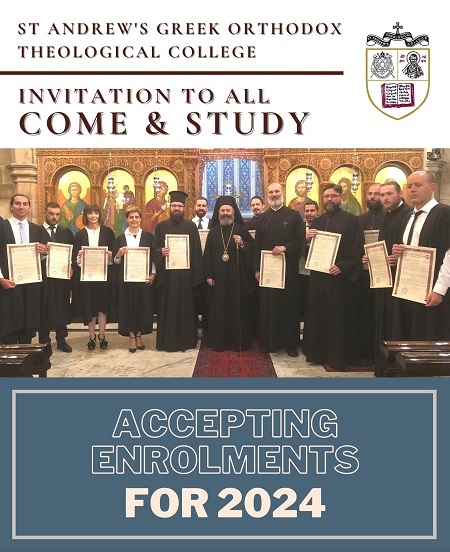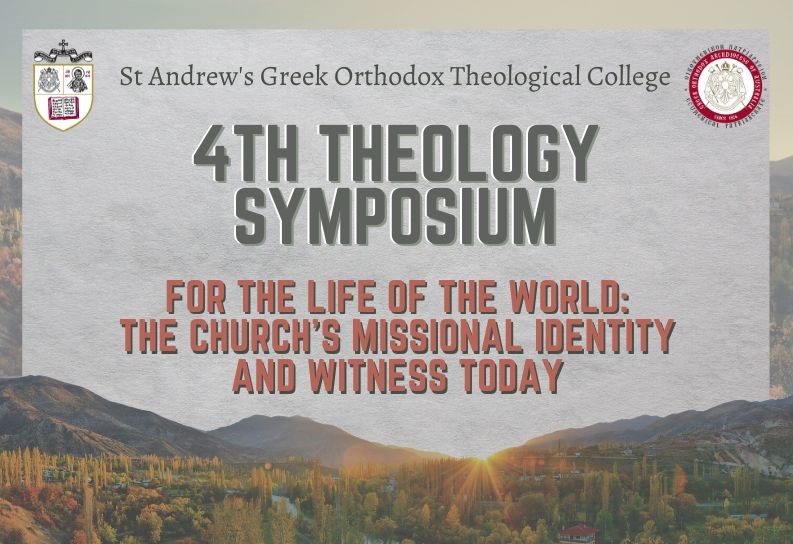- Home
- About us
- Students
- Courses
- Research
- Library
- News & Events
- Gallery
- Contact
- Our Blog
Latest News

Guest Lecturer, Professor Garry Trompf FAHA
Aug 20, 2015
Anonymous (not verified)
Guest Lecturer, Professor Garry Trompf FAHA
On Tuesday 18 August 2015, the College was once again privileged to host Emeritus Professor Garry W. Trompf, FAHA (Studies in Religion, The University of Sydney) as a guest speaker for the course unit Byzantine Studies (H8530A). Prof. Trompf lectured on the transformation of Roman Law in Christian Byzantium. The following reflections are by Mario Baghos (Associate Lecturer in Church History):
“Professor Trompf never ceases to inspire us here at St Andrew’s with his wide-ranging erudition. He began his lecture by outlining the basic principles of Roman jurisprudence, which were interpreted philosophically by Stoics such as Chrysippus and Cicero. But the jumble of imperial decrees that were appended to existing Roman legislation was only made more difficult when the emperor became Christian. And so from the reign of Constantine onwards the Roman legal system was a complex affair. Christian bishops could sometimes take the place of pagan magistrates, in some cases having to adjudicate between various parties, and doctrinal decrees and canons formulated by Church councils could take on the force of law. But in terms of the ‘secular’ legislation, things really needed to be sorted out, prompting Theodosius II to issue his Codex that compiled the laws issued by Christian emperors from A.D. 312 to 438. Between Theodosius II and the reign of Justinian I in the sixth century legislation once again became complex, prompting the latter to issue his Corpus Juris Civilis, a grand codification of law to which was added the Digest and the Institutes later in his reign. This whole process, complex though it is, stood out to me as important for two reasons, both of which were pointed out by Professor Trompf. The first is the influence Christianity had on the legal system: to give a few examples, no longer was it permissible – as in pagan times – to brand one’s slave or to expose one’s unwanted children to the elements, and the Lord’s day was considered holy. The second is the fact that the Justinianic Code was eventually mediated to the European West, thus becoming the cornerstone of Western jurisprudence until modern times. We thank Professor Trompf for his insightful lecture, and look forward to his next visit to St Andrew’s!”








.png)